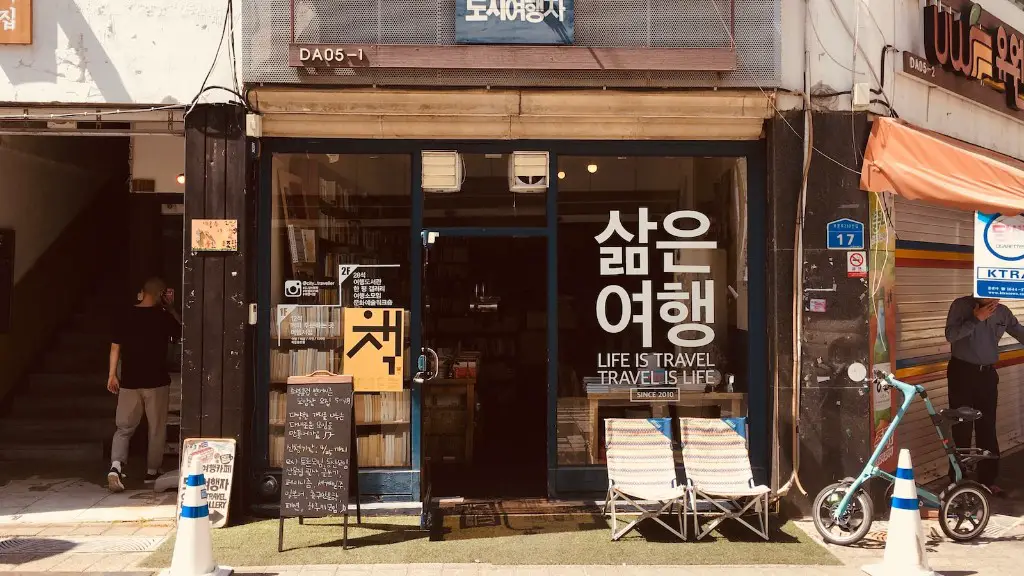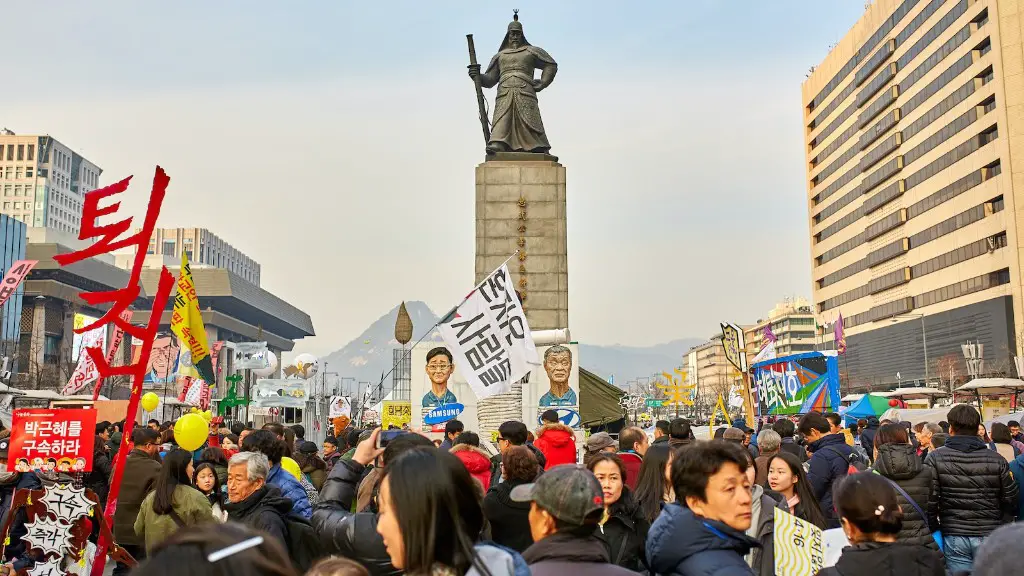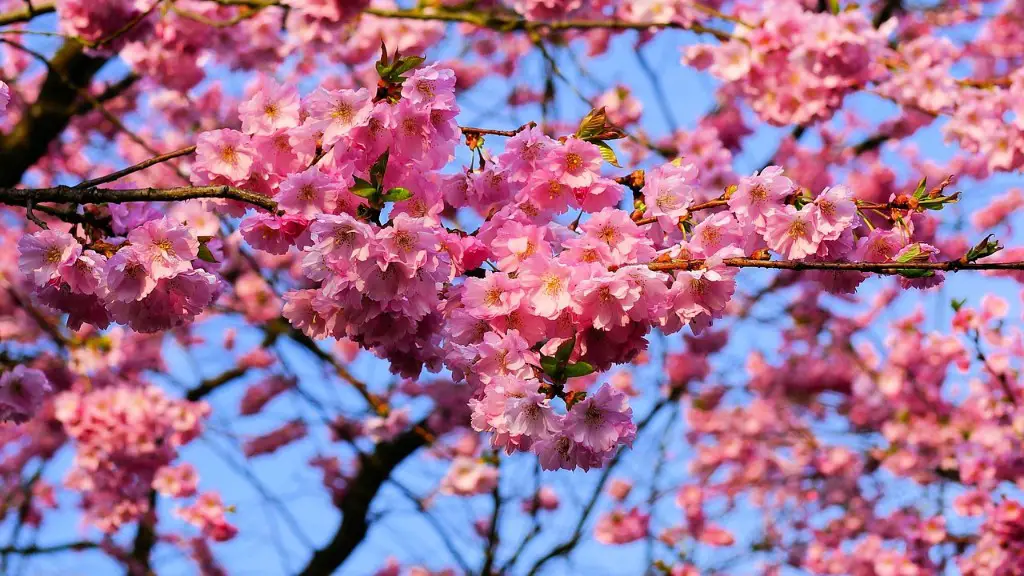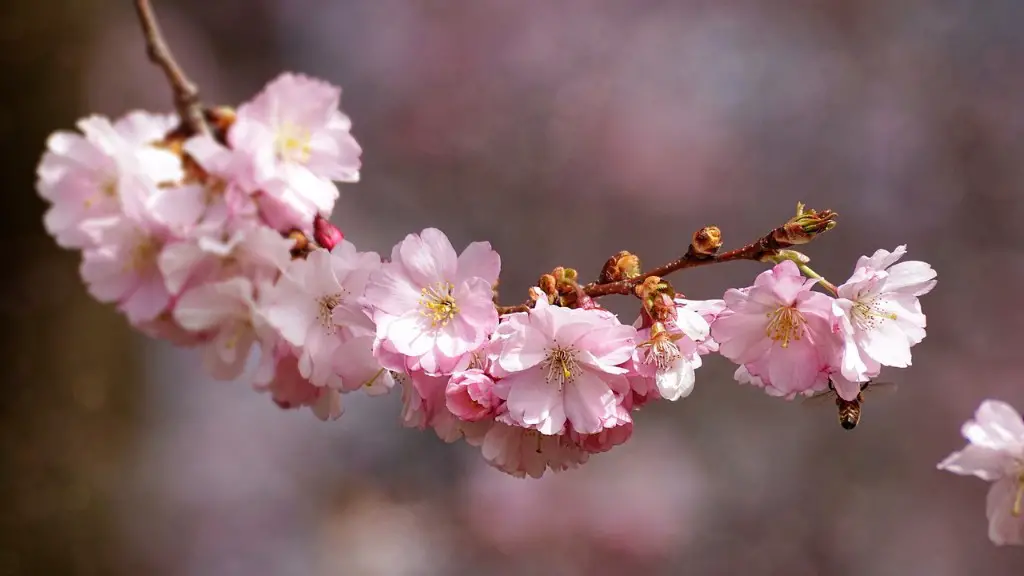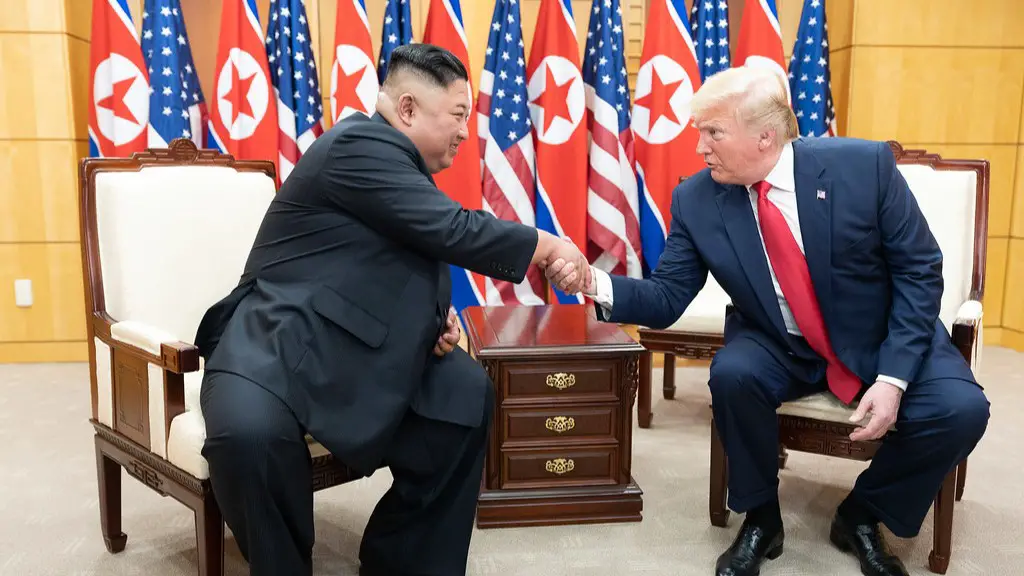The Democratic People’s Republic of Korea, commonly known as North Korea, is a sovereign state in East Asia, governed by a strict totalitarian dictatorship. The state was founded in 1948, after the end of World War II, and is currently ruled by the Kim dynasty. North Korea is one of the few remaining countries in the world that operate under a monarchy. The head of state is the dictator, Kim Jong-un, and the government is controlled by the Workers’ Party of Korea. North Korea has been described as a “totalitarian state” and “one of the most repressive regimes in the world.”
Dictatorship
Does North Korea have an absolute monarchy?
The Kim family has been described as a de facto absolute monarchy or hereditary dictatorship. This is because the family has held onto power for three generations and has shown no signs of relinquishing it. The family controls the military, the media, and the economy, and has been known to be ruthless in their treatment of dissidents.
The United Nations General Assembly accepted the report of UNTCOK and declared the Republic of Korea to be the “only lawful government in Korea” on 12 December 1948. By 1949, North Korea was a full-fledged Communist state.
Is North Korea lead by a dictator
Kim Jong-un is the current dictator of North Korea, and he rules the country with an iron fist. His leadership style is very similar to that of his father and grandfather, and he has a cult of personality that is very evident. He is a very brutal leader, and his regime is one of the most repressive in the world. Human rights abuses are rampant in North Korea, and there is little to no freedom for the people who live there. Kim Jong-un is a dangerous leader, and his rule is not something that should be taken lightly.
The two systems of monarchy and dictatorship may look similar at first, but there are actually quite a few differences between them. For one, the power to rule in a monarchy is typically passed down through a hierarchical system within the royal family, while the power in a dictatorship is seized by either a military coup or a collective revolt. Additionally, monarchs typically have significantly more power and control than dictators, who are often more limited in what they can do. Finally, monarchies typically have a much longer history and tradition than dictatorships, which are often relatively new.
When did Korean stop being a monarchy?
The Korean Empire was a monarchy founded in 1897. It lasted until 1910, when it was annexed by the Japanese Empire. During its thirteen-year history, the Korean Empire faced many challenges, including a major war with Russia, internal strife, and economic difficulties. In the end, however, it was unable to withstand the pressure from the Japanese and was forced to give up its independence.
North Korean citizens usually cannot freely travel around the country, let alone travel abroad. Emigration and immigration are strictly controlled.
Is North Korea a communist?
In 2009, the North Korean government decided to remove all references to communism from its constitution. This was likely done in an attempt to distance the country from its controversial past and to improve its relations with the outside world. However, in January 2021, the Workers’ Party of Korea (WPK) reasserted its commitment to communism, indicating that the country has not completely abandoned its ideological roots. This sudden change could create tension both inside and outside of North Korea, and it remains to be seen how this will affect the country’s future.
Since its establishment in 1948, the DPRK has been ruled by the Kim dynasty. The current leader is Kim Jong-un, who came to power in 2011 after the death of his father, Kim Jong-il.
The DPRK is a heavily militarised state, with a large proportion of its population enrolled in the armed forces. It also has a formidable nuclear weapons programme.
The DPRK is one of the most isolated and secretive countries in the world, and information about its internal affairs is very limited. This makes it hard to know what is really going on inside the country.
How is North Korea still a dictatorship
Whereas most other Communist countries at the time had embarked on some form of market reforms, North Korea’s leaders kept the country’s economy strictly centralized and isolated from the outside world. In doing so, they hoped to maintain control over all aspects of society and prevent any Western influence from corrupting the country’s revolutionary ideals. The result has been a highly controlled and regimented society in which dissent is not tolerated.
The North Korean government strictly controls the mass media within the country, and seeks to mold information to its own liking. This control means that North Koreans have very little exposure to outside news and information, and that what they do see is heavily censored. This has led to a population that is largely isolated from the rest of the world.
Why is North Korea dark on Google Maps?
The lack of access that western companies have to North Korea likely plays a role in the secrecy of the country on Google Maps. While the reason for this lack of access is unknown, it is speculated that the government of North Korea does not want these companies to have a view of the country that could be used for potentially harmful purposes.
An absolute monarchy is a type of dictatorship in which one person has absolute power over the government. This person is usually a king or queen, but can also be an emperor or empress. Absolute monarchies are considered to be oppressive and autocratic because the ruler has complete control over the government and the people.
Can you have a democracy with a monarch
A constitutional monarchy is a monarchy in which the monarch exercises their authority in accordance with a constitution. This means that the monarch is not alone in decision making and that they must consult with parliament in order to make decisions. This type of monarchy is often seen as a more democratic form of monarchy, as the monarch is not above the law and must work within the confines of the constitution.
Both emperors and kings are monarchs or sovereigns, but both emperor and empress are considered the higher monarchical titles. An emperor is the ruler of an empire, and an empress is the ruler of an empire or the wife of an emperor.
Does king and Queen still exist in Korea?
Yes, there is still a royal family in Korea. His Imperial Highness King Yi Seok has lived his entire life in Korea.
The Emperor of Japan is the country’s head of state and the head of the Imperial Family. He is a symbol of the Japanese state and the unity of the Japanese people, and his position is derived from “the will of the people with whom resides sovereign power”. The Emperor is not involved in the day-to-day governance of the country, but he plays a role in important state ceremonies and events.
Are there still descendants of Korean royal family
The House of Yi, also called the Yi dynasty (also transcribed as the Lee dynasty), was the royal family of the Joseon dynasty and later the imperial family of the Korean Empire, descended from the Joseon founder Yi Seong-gye. All of his descendants are members of the Jeonju Yi clan.
North Korea is a communist state and as such, has very strict laws about what you can bring into the country. It is illegal to bring in religious, pornographic or political items. All published material and electronic devices must be declared when you arrive. It is also illegal to knowingly or unknowingly possess items that breach North Korean law.
Conclusion
Dictatorship
From the research that has been gathered, it appears that North Korea is more of a dictatorship than a monarchy. This is likely due to the fact that there is only one leader who has complete control over the country and its people. There are no checks and balances in place, which allows the leader to make all of the decisions without any input from others. This can be a dangerous situation, as it can lead to abuse of power and dictatorship.
